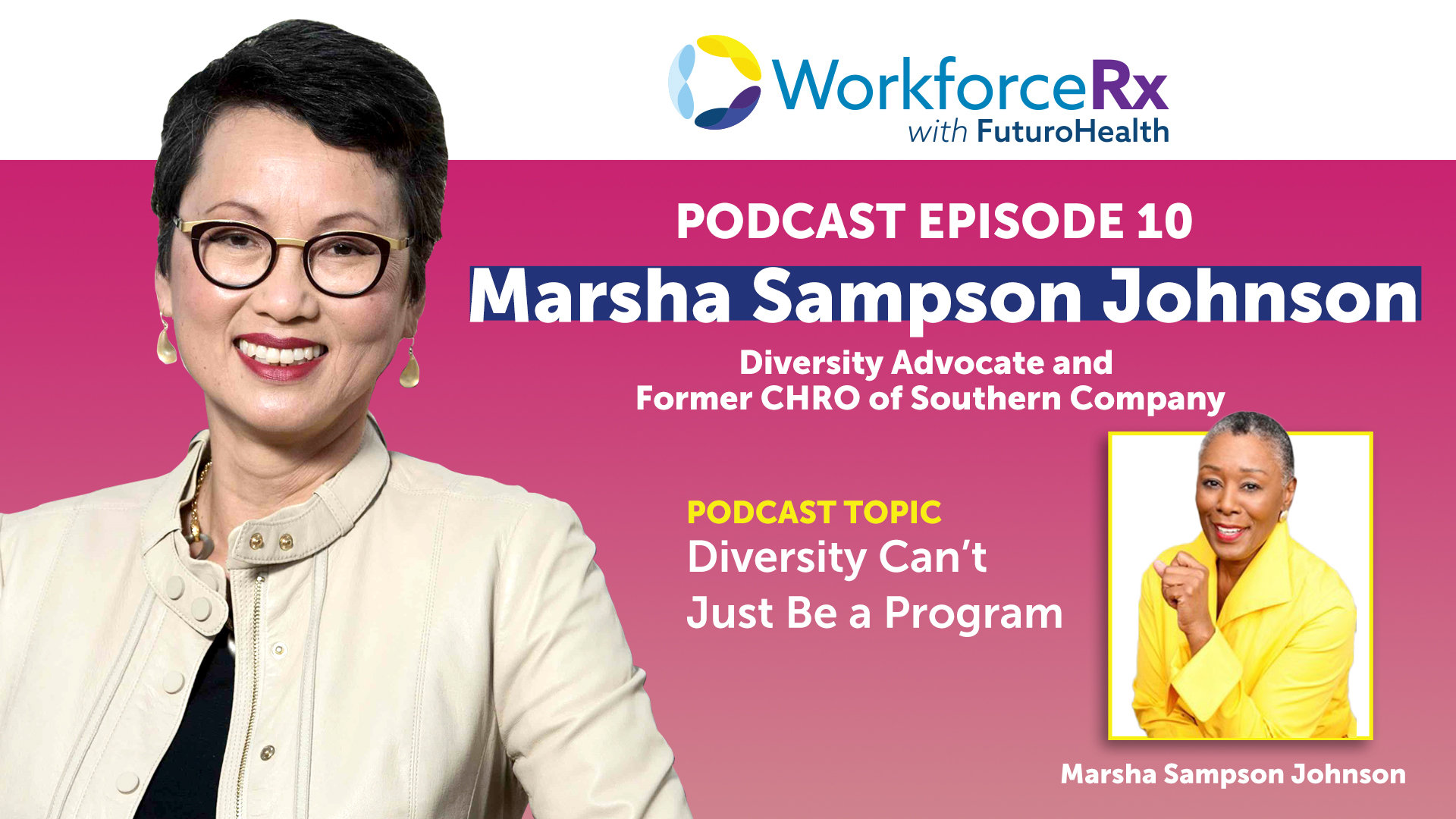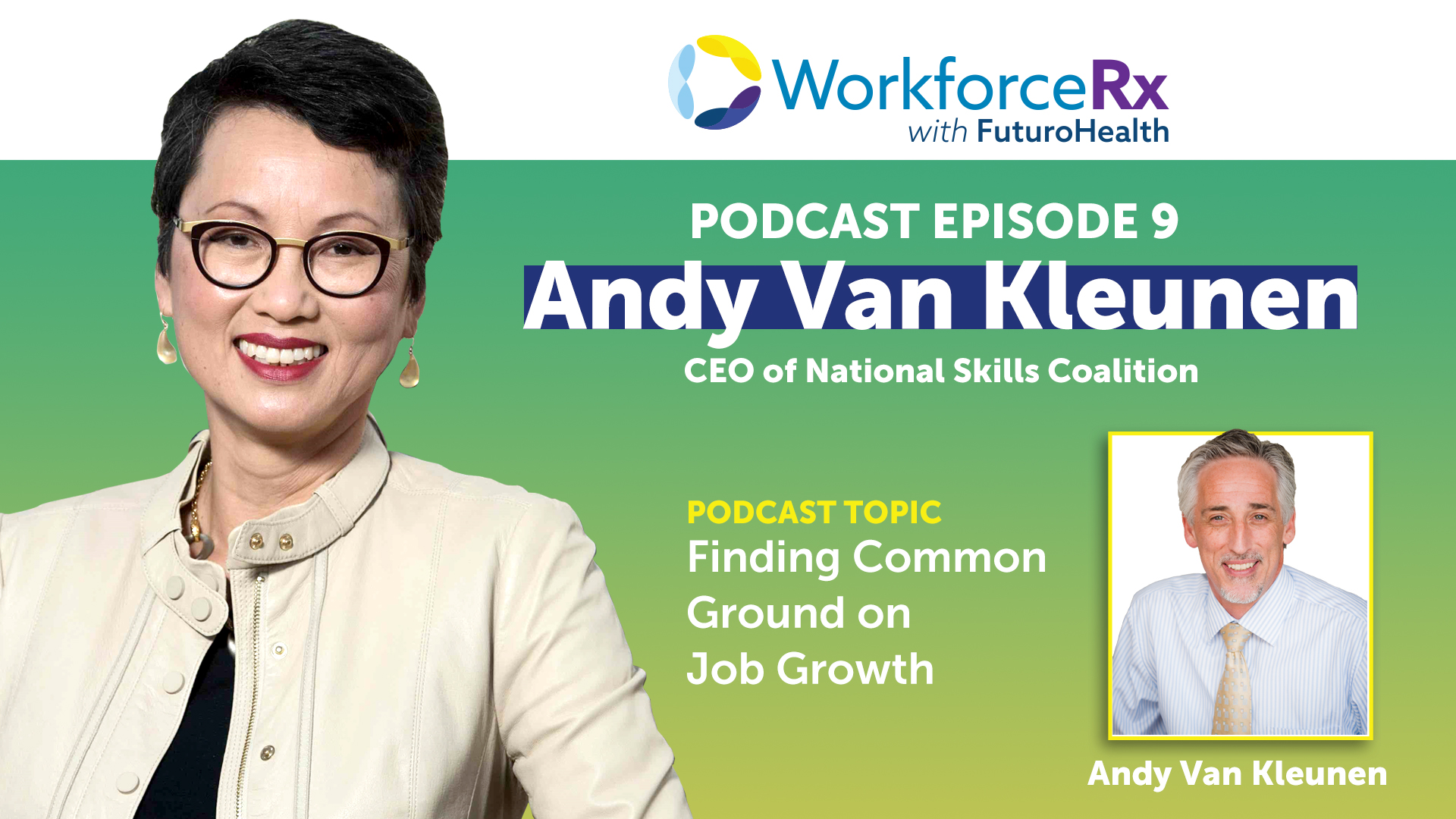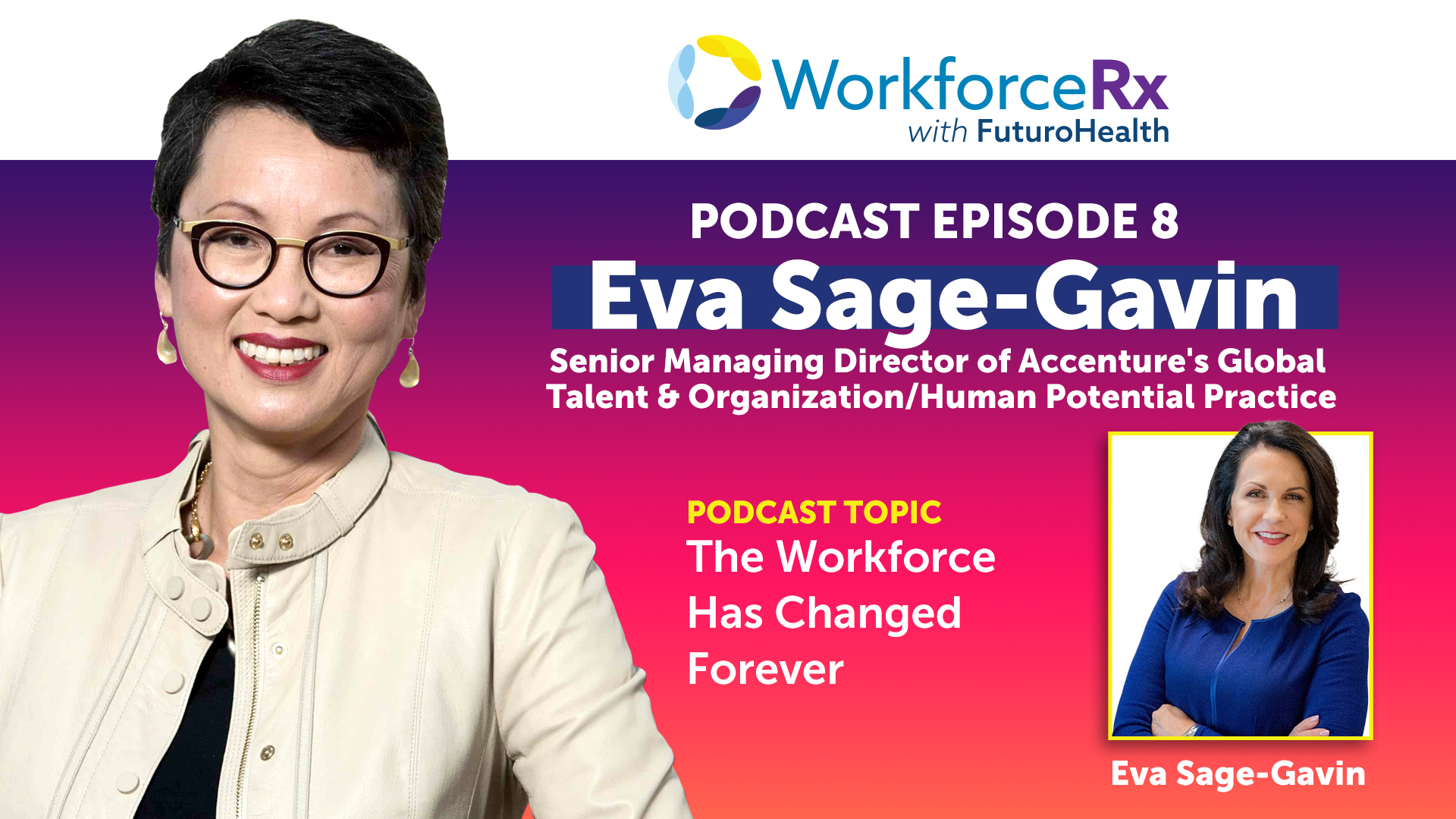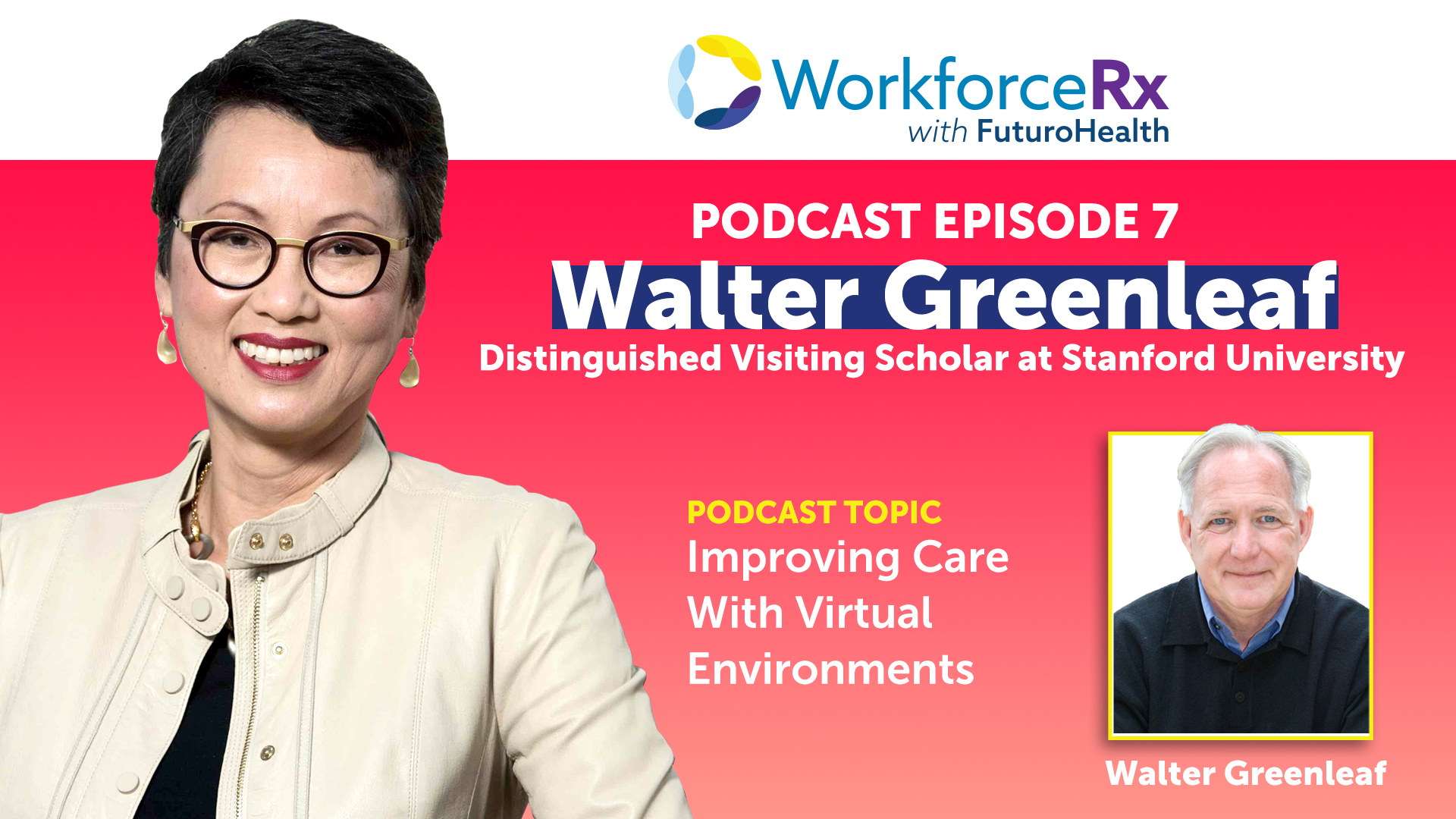Spurred by heightened activism in 2020 against persistent racism in the U.S., many business leaders are engaged in a reckoning of their own policies, behaviors and corporate culture to determine how those might be contributing to systemic inequity and exclusion. Marsha Sampson Johnson, a leading diversity advocate and veteran corporate leader, has advice for those undertaking this work. “Diversity and inclusion can never just be a program. It can never be a department. If it is not incorporated into every aspect of the organization, it will never be successful.” Sampson Johnson, a retired senior executive from Fortune 200 energy giant Southern Company, has had an extraordinary career as an executive, mentor, writer and international speaker. In this trenchant conversation with Futuro Health CEO Van Ton-Quinlivan, she shares insights gained from decades of providing leadership in HR, Talent Management and Diversity, discusses the impact of the pandemic on women in the workforce, and touches on the value of leadership development programs such as those sponsored by the International Women’s Forum where she spent many years as a Global Director.
Continue readingAndy Van Kleunen, CEO of National Skills Coalition: Finding Common Ground on Job Growth
As a longtime observer of the Washington political scene and a “go-to” expert on workforce and education policy issues, Andy Van Kleunen thinks that despite the country’s deep political divisions, it’s possible to make generation-defining investments in education and training to spur major employment growth. “There’s not a lot of partisan divide on investing in the retraining of somebody who’s been laid off and now has to look for a new occupation. We’re talking about 80 to 90 percent approval for greater public investments in those kinds of efforts.” Drawing on lessons learned from previous recovery efforts, Van Kleunen believes more needs to be done this time to make sure economic gains are inclusive from a racial and socio-economic standpoint. The organization he leads, National Skills Coalition, also urges policymakers to follow what they have found to be the most effective formula for increasing skills and growing jobs: let localities and states in the nation’s 300-400 regional economies bring stakeholders together to determine where investments should be made. In this timely conversation with Futuro Health CEO Van Ton-Quinlivan, Van Kleunen taps into the knowledge gained from his national network of business, education and labor leaders to share the most effective formulas for economic development in this unique political moment.
Continue readingEva Sage-Gavin, Senior Managing Director of Accenture’s Global Talent & Organization/Human Potential Practice: “The Workforce Has Changed Forever.”
Workers are showing the strains of social isolation, disrupted work and family routines, and sustained anxiety for personal safety — all induced by the pandemic. Fortunately, employers are taking note according to Eva Sage-Gavin, a former Fortune 500 executive who now advises C-suite leaders on talent strategy for Accenture. Sage-Gavin says employers are realizing they need to take a “whole human” approach to HR to navigate through this crisis of human resilience, and address employee needs for connection, relationship, and purpose if they are going to keep their workforce productive. In this revealing episode of WorkforceRx, Sage-Gavin and Futuro Health CEO Van Ton-Quinlivan – who first met a decade ago serving on President Obama’s Skills for America’s Future initiative – discuss a new global partnership to connect displaced workers to jobs, the worrisome “she-cession” as women drop out of the workforce, the enhanced impact of modern boards, and a key ingredient to helping employers solve problems in these extraordinary times.
Continue readingWalter Greenleaf, PhD, Distinguished Visiting Scholar at Stanford University: Improving Care with Virtual Environments
When he first started trying to score clinical research data in the mid-1980’s, Stanford University neuroscientist Walter Greenleaf was using a ruler, pen and paper. Now, thanks in part to his pioneering efforts, similar research can be conducted using virtual reality and augmented reality devices. These technologies are also being integrated throughout medicine, including treatment for various mental health issues, a special focus of his. For instance, patients can be exposed to anxieties or fears through carefully designed virtual environments, allowing them to build confidence while clinicians gauge their progress. Greenleaf, a Distinguished Visiting Scholar at Stanford University’s Virtual Human Interaction Lab, also sees broad potential for using virtual environments in workforce development and training, from handling difficult people and situations to bridging cultural gaps. Join Futuro Health’s CEO Van Ton-Quinlivan as she draws fascinating insights from Greenleaf gathered over decades of groundbreaking work in academia, technology development and medical product development, and find out what two skills he believes will open doors for healthcare workers in the decades to come.
Continue reading



